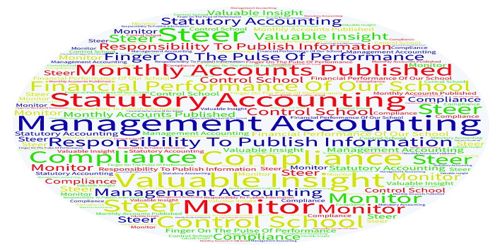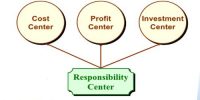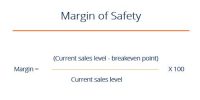Management accounting is a field of accounting that analysis and provides cost information to the internal management for the purpose of planning, organizing, directing, controlling, and decision making. It measures the real performance in assessment with the budgets and helps the management in such a method that the latter can maximize the rate of return on capital employed.
Technique/tools of management accounting: Management accounting is concerned with accounting information that is useful to management. The important tools and techniques used in management accounting are discussed below –
Historical costing: It is a technique of management accounting where costs are ascertained after they are incurred. It is a postmortem of the cost.
Standard costing: Standard costing is an important tool for cost control which is one of the main objectives of management accounting. This technique consists of –
- Setting up standards for each element of cost;
- Comparing the actual cost with the standard cost; and
- Finding the reasons for the differences or variances and taking remedial action promptly as they are called standards costing.
Absorption costing: Absorption costing treats all manufacturing costs as product costs, regardless of whether they are variable or filed.
Variable costing: Under variable costing, only those manufacturing costs that vary with output are treated as product codes.
Budgetary control: One of the essential features of modern management is planning and control. There are a number of devices which help in controlling.
Ratio accounting: Ratio accounting signifies the technique and methodology’ of analysis and interpretation of financial statements by means of accounting ratios derived from such statements.
















